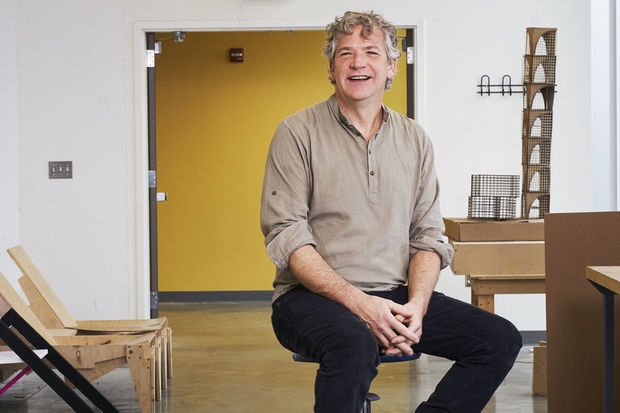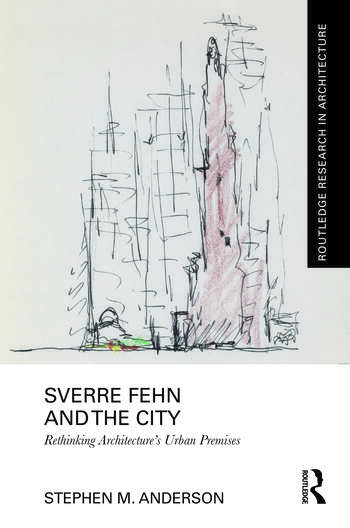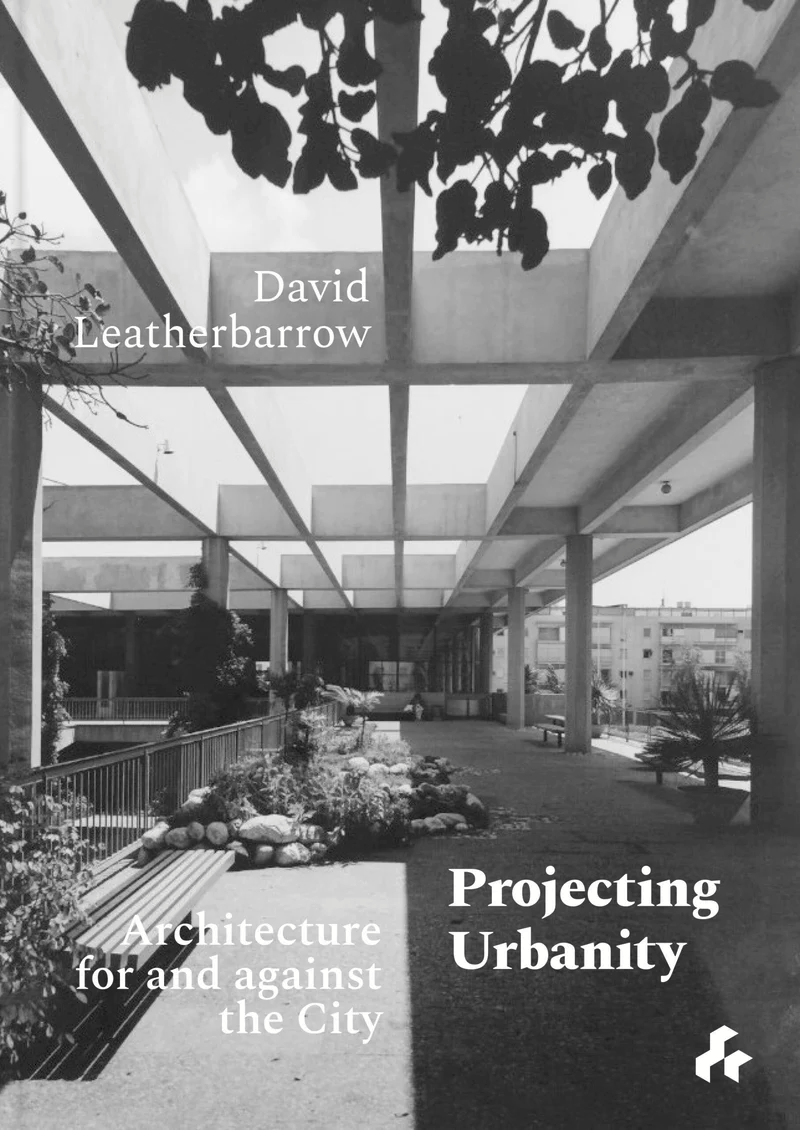Professor Stephen Anderson Publishes Works on Unique Urban Design Practices

Stephen Anderson, Associate Professor of Instruction in Architecture, recently published Sverre Fehn and the City: Rethinking Architecture's Urban Premises (Routledge, 2023), an exploration of 10 of Pritzker Laureate Sverre Fehn's unique urban projects, and contributed a chapter to Projecting Urbanity: Architecture For and Against the City (David Leatherbarrow ed. Artifice Press, 2023).
Describe your practice? What do you enjoy about your work?
SA: "I was incredibly fortunate to have a chance to study under and teach alongside some of the most accomplished scholars in my field, and they instilled in me a strong interest in research and writing about place—specifically at the intersection of architecture and ethics. Not surprisingly, that led me to an exploration of urban culture, and to architecture's roles in its embodiment and structure. I've been exploring those topics across eras, cultures, and academic disciplines, trying to better understand how that works. That all sounds like "big picture" stuff, and I suppose it is, but if so, it may be a paradox that the places I'm mostly looking at are typically not much larger than the scale of a single architectural project—urbanism, writ small, so to speak. The larger ideas don't mean as much to me if they cannot be connected to actual physical configurations and, importantly for me, the cultures that they engage, sustain, and modify."
How does your work and research inform your teaching?
SA: "My research interests find their way into my syllabi and lectures—maybe that's inevitable. On a selfish level, it helps me to get nascent ideas in front of students and get their reflections and criticisms. Flipping that, I generally think it is good for students to get a sense of what their professors are passionate about."
What did the process of writing these books/chapters look like?
SA: "Writing for me is chaotic, uncertain, difficult, and humbling—always has been. I am never all that sure where I'm heading until the route clarifies in the searching and on the page, and I somehow continue to be astounded at the extent of my own ignorance and at the depth of others' knowledge. I could never do it if I didn't also find it helpful and, to a degree, satisfying. It's the sense of participation and discovery, I think, that is the biggest draw. I suppose that is cliche, but, for me, also true. With Sverre Fehn and the City, there was also an entire culture there to get acquainted with, a new language to explore. I had some contacts and friends in Norway who were indispensable for getting me oriented, helping me with difficult-to-translate archival passages, and with generally letting me know when I had something wrong."
How does collaborating with other experts add to the content/experience of researching?
SA: "I think most people outside of academia, and even young scholars to a point, are not aware of the degree to which effective writing is a collaborative project, even for solo-authored works. There's only so much one individual can see, so working in the absence of critical input and perspectives from others is limiting, sometimes disastrously so. I also learn so much from reviewing drafts that colleagues send me for reflection, and then of course I don't feel as bad about leaning on them in turn—basically, there are a lot of rough drafts circulating out there, each pass getting increasingly honed, checked, potent.
"With the book chapter for David Leatherbarrow's edited volume Projecting Urbanity, that developed from a Ph.D. seminar we co-taught in Beijing, though online, on urban lessons latent in mid-century architecture. This was a Ph.D. seminar, by the way, with over 100 attendees—quite different than what I was accustomed to in U.S. programs. I was working with six colleagues scattered around the globe — Tel Aviv, Istanbul, Mexico City, Seoul, Bangkok, and Philadelphia—all juggling schedules and coordinating across time zones. It was a great experience. David had the idea of further developing our lectures for a manuscript. Following him as he worked on and edited the project was an education in itself."

